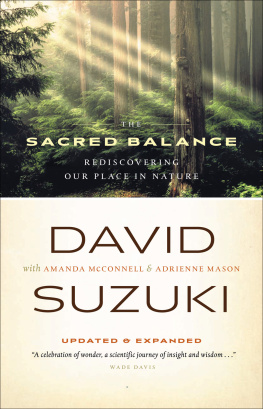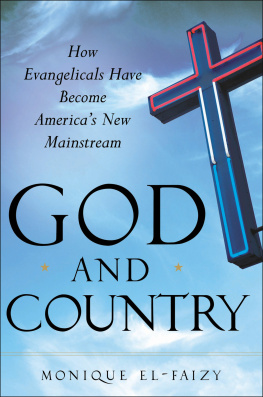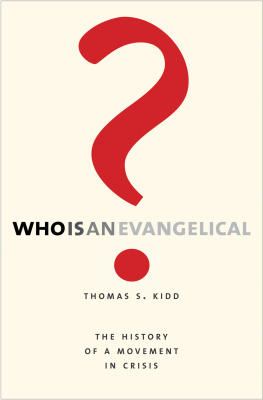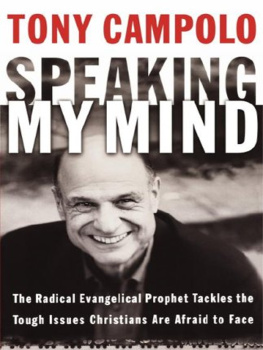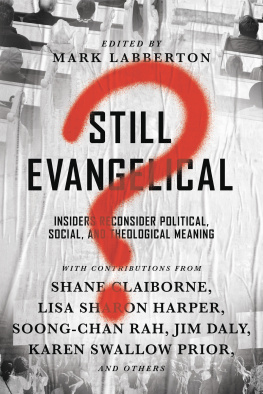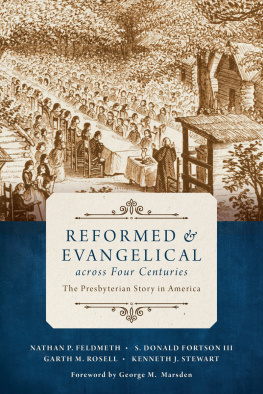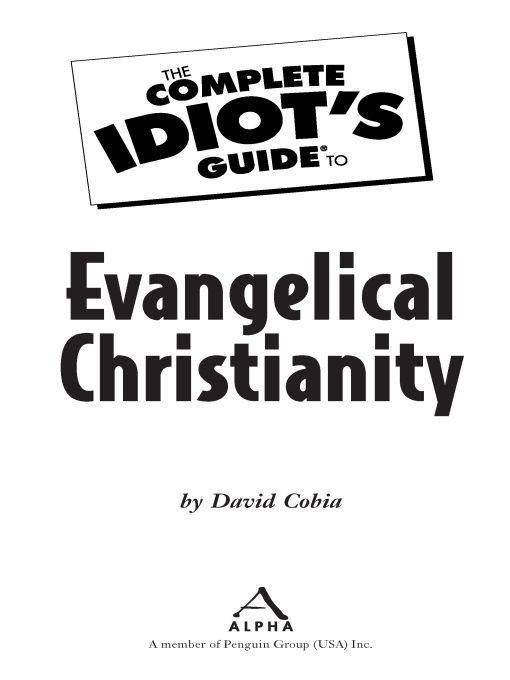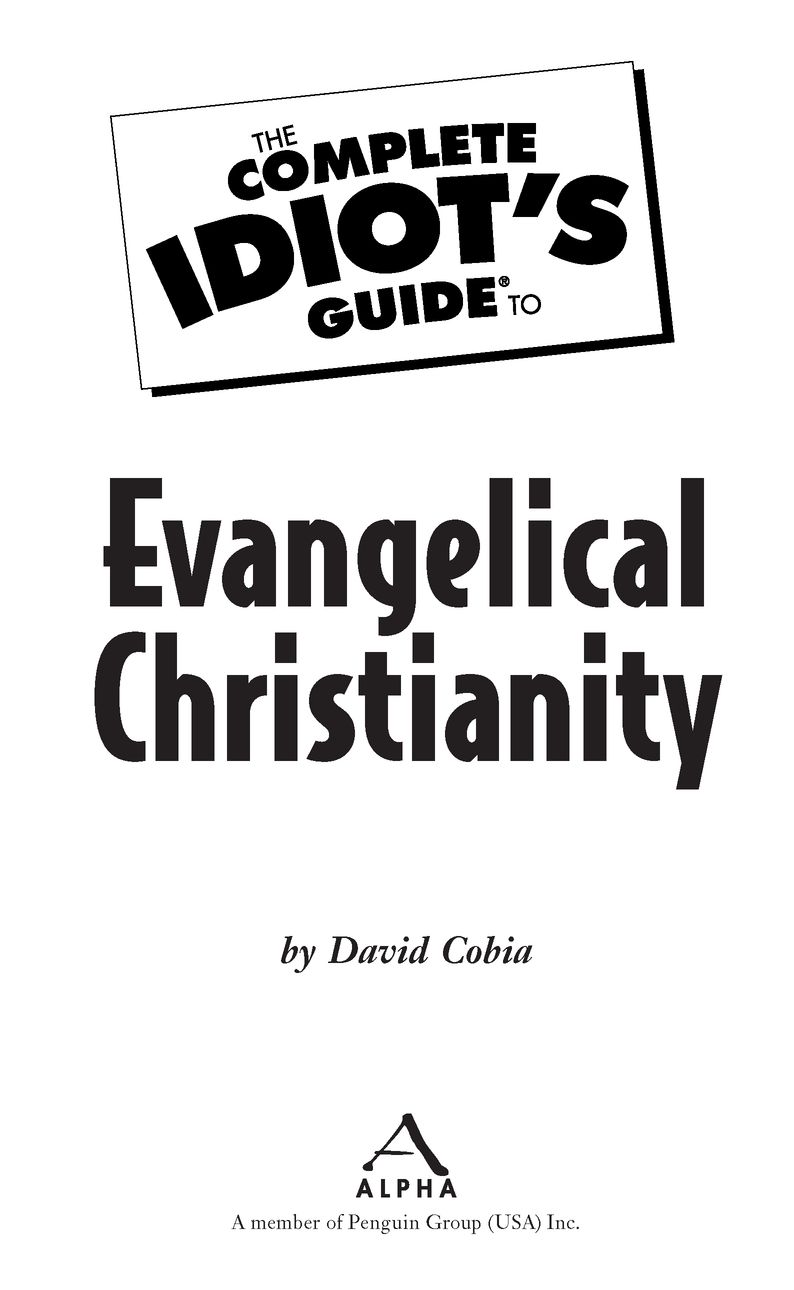Table of Contents
This book is dedicated to my wife Dee, in appreciation for her constant friendship
and loving support; and to my children, Josh, Lindsey, and Brendanwho I pray
and believe will carry the light to the next generation.
Introduction
Do you really believe that a loving God would send people to hell?
I must have heard that question a thousand times. Along with it, Ive been in conversations where people (sometimes quite animatedly!) vehemently disagreed with the standard evangelical positions on everything from pre-marital sex to euthanasia. And every time I have a conversation like that, it changes me.
Over the years, Ive come to have a great respect for people who are asking good questions and wont settle for pat answers. Ive seen people express deep, soul-wrenching, heartfelt desires for a connection with God that makes senseof their worlds and of their lives. And Ive heard lots of questions, such as
If God is good, why do people suffer?
Arent all religions basically the same?
Is the Bible really reliable?
Doesnt Christianity conflict with science?
Is God a prude?
What about unanswered prayer?
Dont Christians think women and gays are inferior?
Do we really need religion to be spiritual?
Why do Christians think everyone has to think and vote like they do?
Is Jesus the only way?
These are good questions, and they deserve honest and thoughtful dialogue. Often, we evangelicals are the reason that doesnt happen. In our desire to persuade, we often short-change the conversation process. In our passion to help people see some beautiful things that we have discovered, we reduce those things to sound-bites (ironically, so that people can get the whole gospel) or are so passionate about what we share that people feel like theyre trying to take a drink from a fire hose. We need to be more respectful. (Not to mention empathetic.)
In the conversations Ive had around these and a myriad of other issues, Ive also seen that most people who are not evangelicals really dont understand the evangelical Christian point of viewalthough they think they do. They have accepted the sound-bites. They have let unfortunate experiences with over-zealous individuals stop them from continuing to seek. They go to a movie or read a book (fiction, no less!) that calls into question the validity of the Bible, and they believe it. They need to ask more questions.
Evangelicals are very, very guilty of tunnel-vision about their own beliefs, but so are those who are not evangelicals. Its time for a good, thoughtful, honest conversation. That is what this book is about.
Full Disclosure
If I am to guide this conversation, its important that you understand who youre talking to. So in the interest of giving you the context from which I write (so that you can keep in mind the biases that come with it), heres my story.
I became a Christian when I was about 12 years old. When I say, became a Christian, I mean that when I was twelve, I had an experience of personal conversion. I made a volitional commitment to follow Jesus. It happened through my sister, who was in college at the time, and had experienced a conversion herself. When I saw her life, and especially when I saw the quality of her relationships with her Christian friends, it was something I wanted, too.
Since that time, I have tried to continue to follow Jesus. Sometimes Ive done better in that, and often done worse. At this point in my life, having gone to college, graduate school, gotten married, had children, and pursued a first career in communications, I am now in a second career as a pastor. (Ive been in church work now nearly 15 years.)
Since I was twelve, Ive been more or less immersed in evangelical culture, but have always felt more like an observer than a participant in much of it. Perhaps it comes from growing up in a nonevangelical household (except for my sister, who was already living away at college); perhaps it comes from being a natural skeptic. I dont know. But at age 45, Ive matured enough to have a great appreciation for my evangelical heritage, even in my skepticism about some of it (particularly the way it often gets expressed in our current culture). So that is one of my biases.
Another bias comes from being a pastor at a unique evangelical church. The church where I now serve is more postmodern than modern in its sensibilities (see Chapters 19-20 to understand that statement fully), though much of my background in church work has been more modern. As a matter of fact, I was in at the forefront of the seeker church movement in Evangelicalism, serving in several very innovative churches in that pinnacle of the modern church expression. Now, however, I am seeking a bit of a different path, still fully evangelical in my beliefs, but looking for a new way to express that in the postmodern world. So, as a postmodern (some would say post-evangelical) evangelical, by definition I carry a second bias that is important for you to understand in reading this book.
Although I have many other biases as well, Im not sure we have the space (or you have the inclination) to have them all explained here. Just remember as you read that you have biases, too.
How to Get the Most from This Book
This book is broken into five parts, and the way you read it should depend on your own needs.
Part 1, Keeping the Faith: The Story of Evangelicalism, traces the history of Evangelicalism. You may be skeptical of this next statement, but believe me: the history is quite fascinating. If you want to see how Evangelicalism got to where it is today, or if you enjoy a good story, youll want to read this section. Knowing the history of the movement sets us up for Part 2
Part 2, Believe It or Not: A Survey of Evangelical Theology, looks into the basic theological beliefs of evangelical Christianity. Here is where youll find the answers to many of the questions Ive listed previously, from Is the Bible really trustworthy? to Is Jesus the only way? This is a great section for you if you have questions, and want to see how what you think lines up with what evangelical Christians believe. Its also a good theology 101 primer for those of you seeking to understand what C. S. Lewis called Mere Christianitythe basic core of Christian belief. As you read this part, I encourage you to stop and reflect often. What do you really believe?
Part 3, What Would Jesus Do? Evangelical Hot Buttons, looks at the hot buttons of evangelical practices in the modern world, and the beliefs behind them. This is great for those of you seeking to understand why an evangelical friend or relative acts like they do, or for those of you seeking to understand the basic evangelical point of view on these issues where evangelicals seem very different from the world around them.
Part 4, Mission Possible: The Cultural Impact of Evangelicalism, traces the cultural impact of evangelicals. From the rise of the Christian right, to the rise of Christian rock, to the story of several highly influential megachurches and organizations, this part will help those of you who want to understand more fully the importance of Evangelicalism in todays culture.
Part 5, The Future of Evangelicalism: The Emergent Church,



